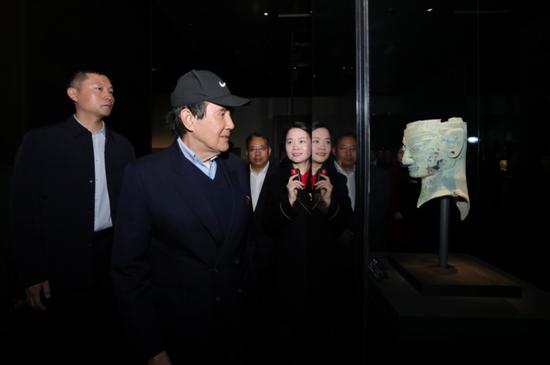
Ma Ying-jeou, former chairman of the Chinese Kuomintang party and a group of Taiwan students visit the Sanxingdui Museum in Sichuan province on Sunday. (Photo provided to chinadaily.com.cn)
Ma Ying-jeou, former chairman of the Chinese Kuomintang party is currently visiting Chengdu, Sichuan province, with a group of Taiwan students, exploring traditional Chinese history and culture. The visit follows their participation in cross-strait youth ice and snow activities in Harbin, Heilongjiang province. This marks Ma's third trip to the Chinese mainland, aimed at fostering youth exchanges and promoting mutual understanding.
During his visit on Saturday, Ma met with local leaders and delivered a speech in Sichuan dialect, a language he learned during his school years. He emphasized his personal connection to Sichuan, noting that both of his parents had studied in the province during the wartime period, and are fluent in the local dialect.
Ma also recalled the strong ties between Sichuan and Taiwan, including the 2008 gift of two pandas from Sichuan to Taiwan, which sparked a "panda craze" on the island. He also mentioned the outpouring of support from Taiwan during the 2008 Wenchuan earthquake in Sichuan, where Taiwan people actively contributed to the relief efforts.
Over the past two years, Ma has led youth delegations to the mainland, while also inviting mainland students and teachers to visit Taiwan. His goal, he said, is to ease cross-Strait tensions and promote understanding and friendship between the younger generations of both sides.
On Sunday, Ma's group visited the Sanxingdui Museum, which showcases ancient bronze, jade, and gold artifacts. Ma expressed admiration for the mainland's efforts in preserving cultural relics and archaeological sites, and suggested that Taiwan's historical research institutions and scholars collaborate with the museum to provide more opportunities for Taiwan people to learn about Chinese civilization.
On Monday, the group will visit the Thatched Cottage of Du Fu, a historic site dedicated to Du Fu, the renowned Tang Dynasty poet. There, they will participate in a cross-Strait symposium on promoting Chinese culture.
Ma emphasized that Taiwan and the mainland are both integral parts of Chinese culture and that both sides should work together to cherish, preserve, and pass on that cultural heritage.








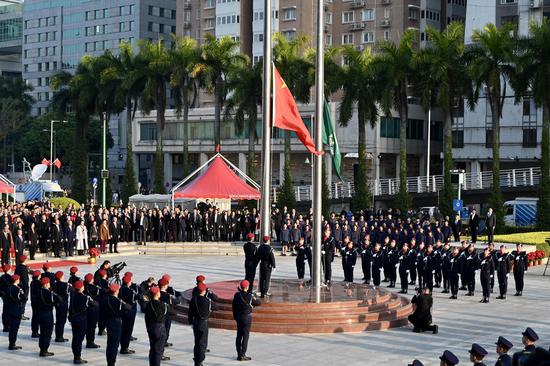
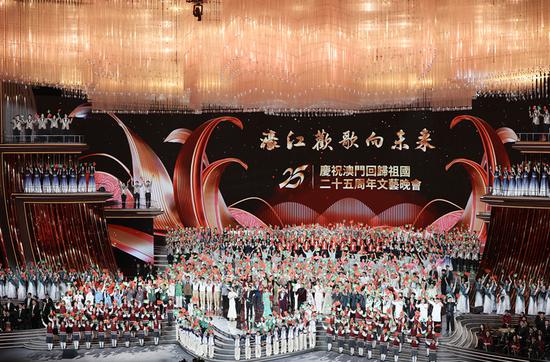
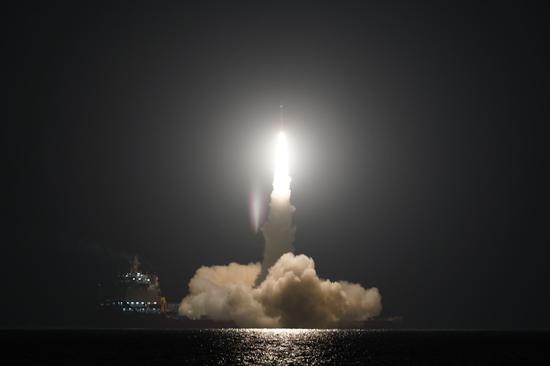


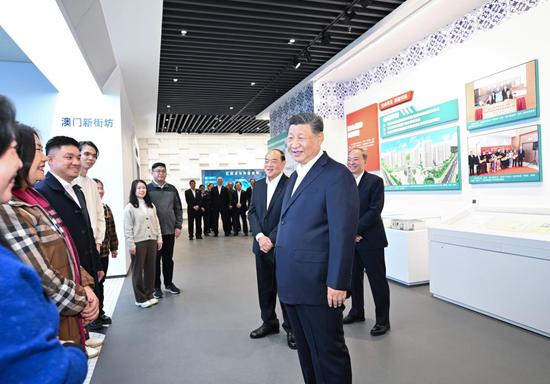
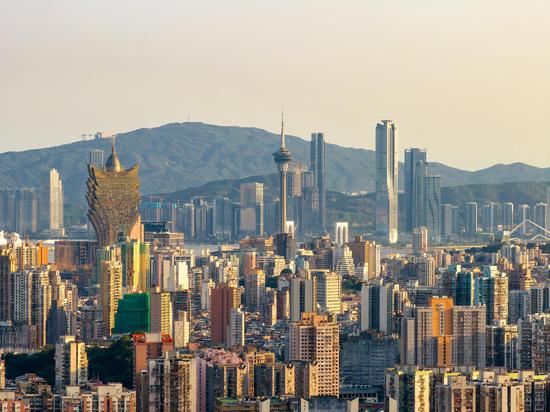
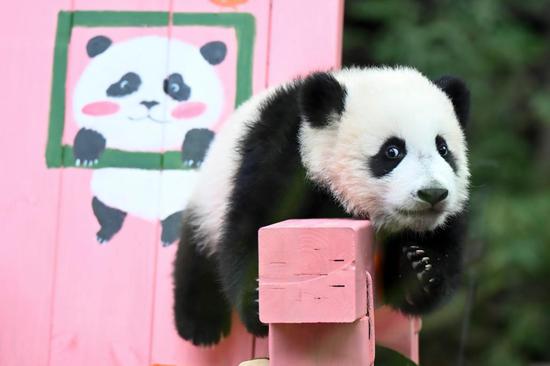

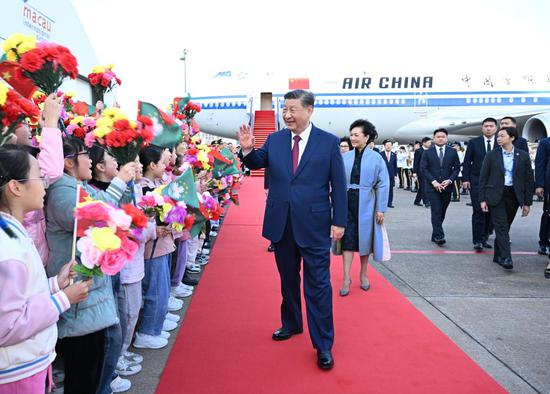

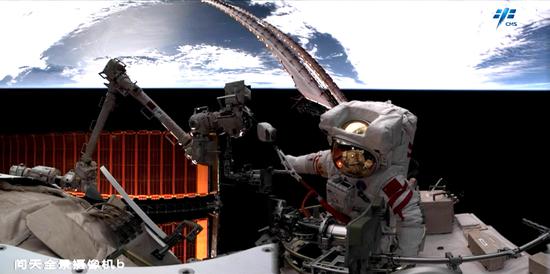

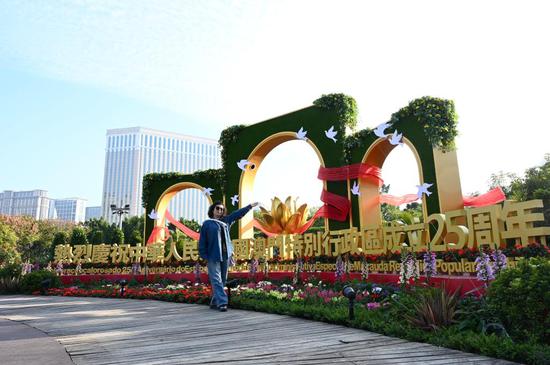
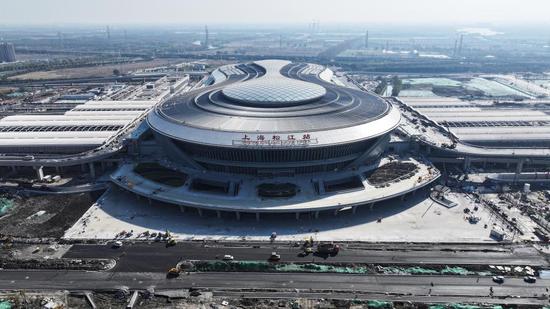

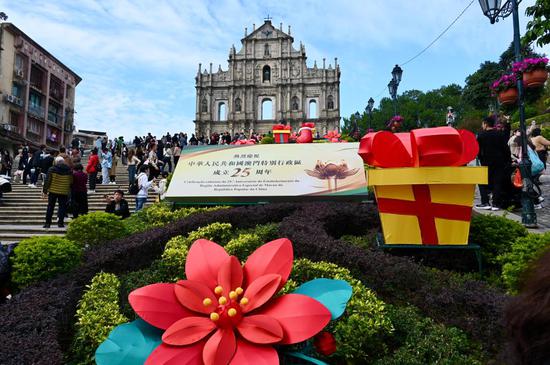
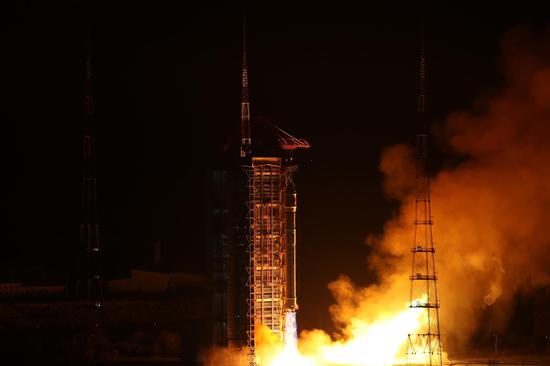


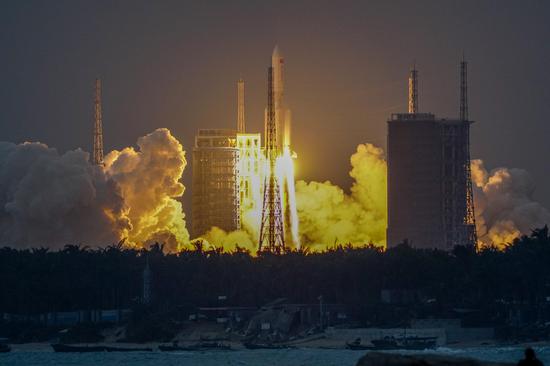
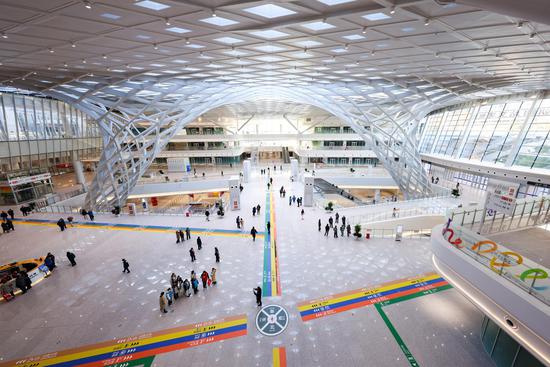
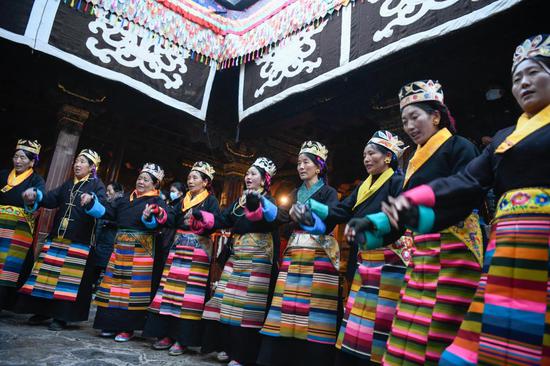

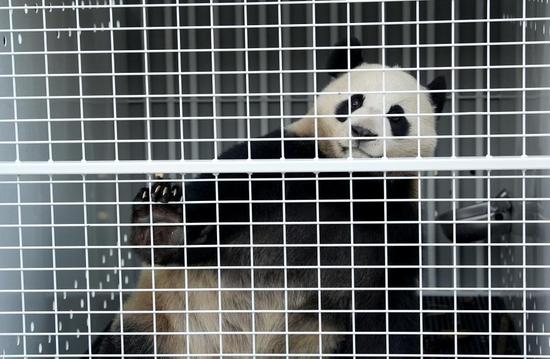
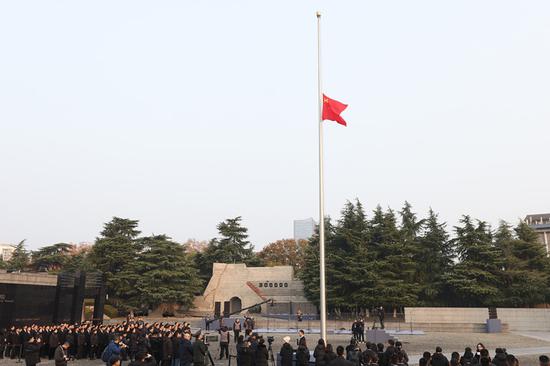
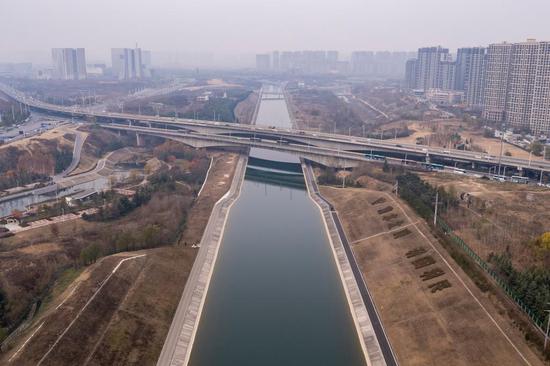
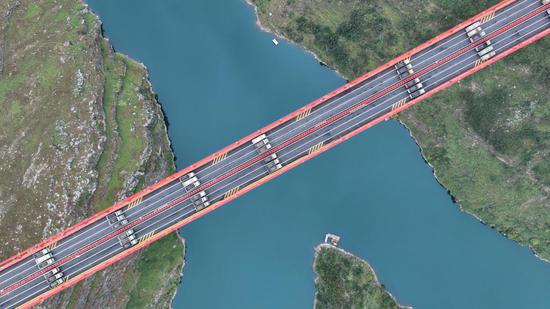
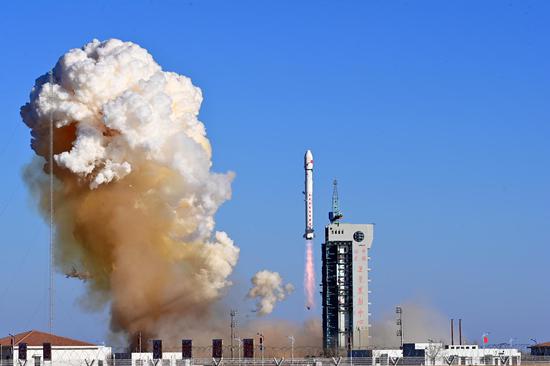
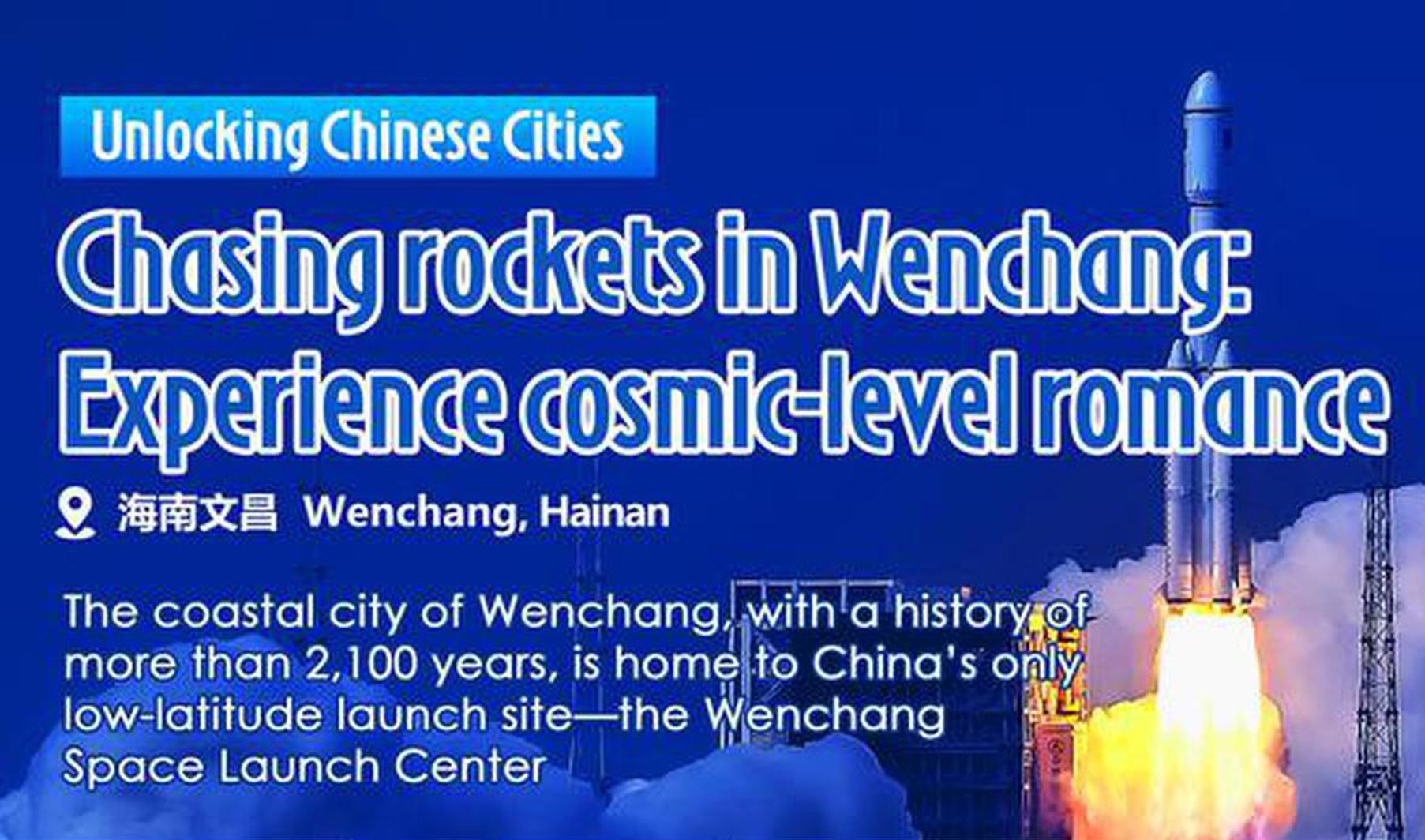


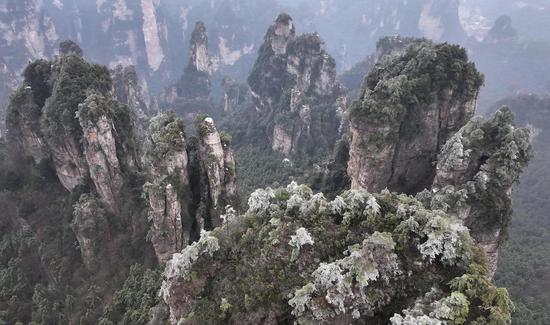
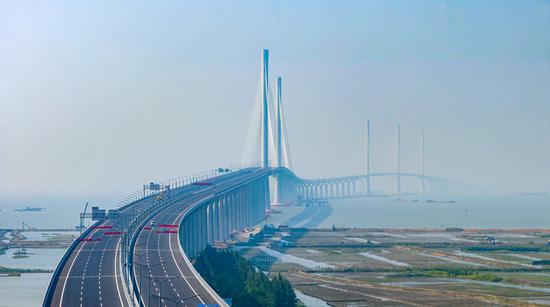
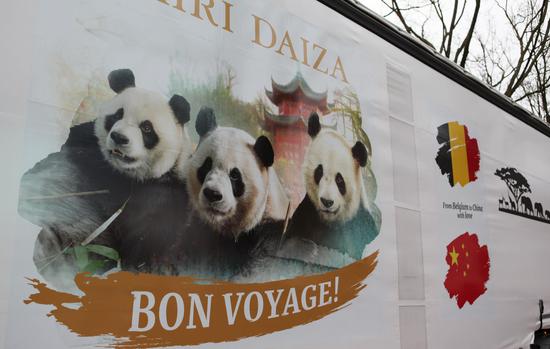
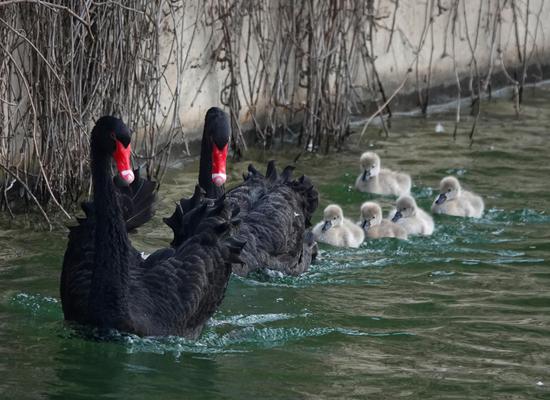
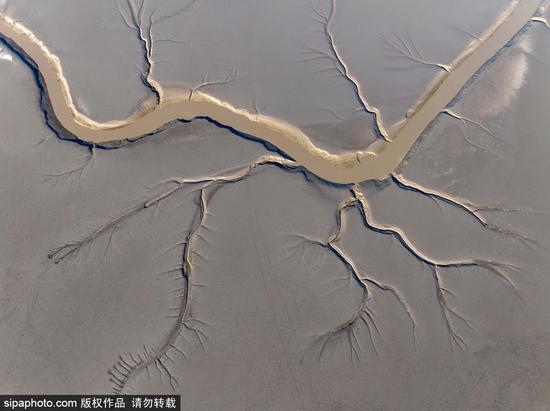



 京公网安备 11010202009201号
京公网安备 11010202009201号